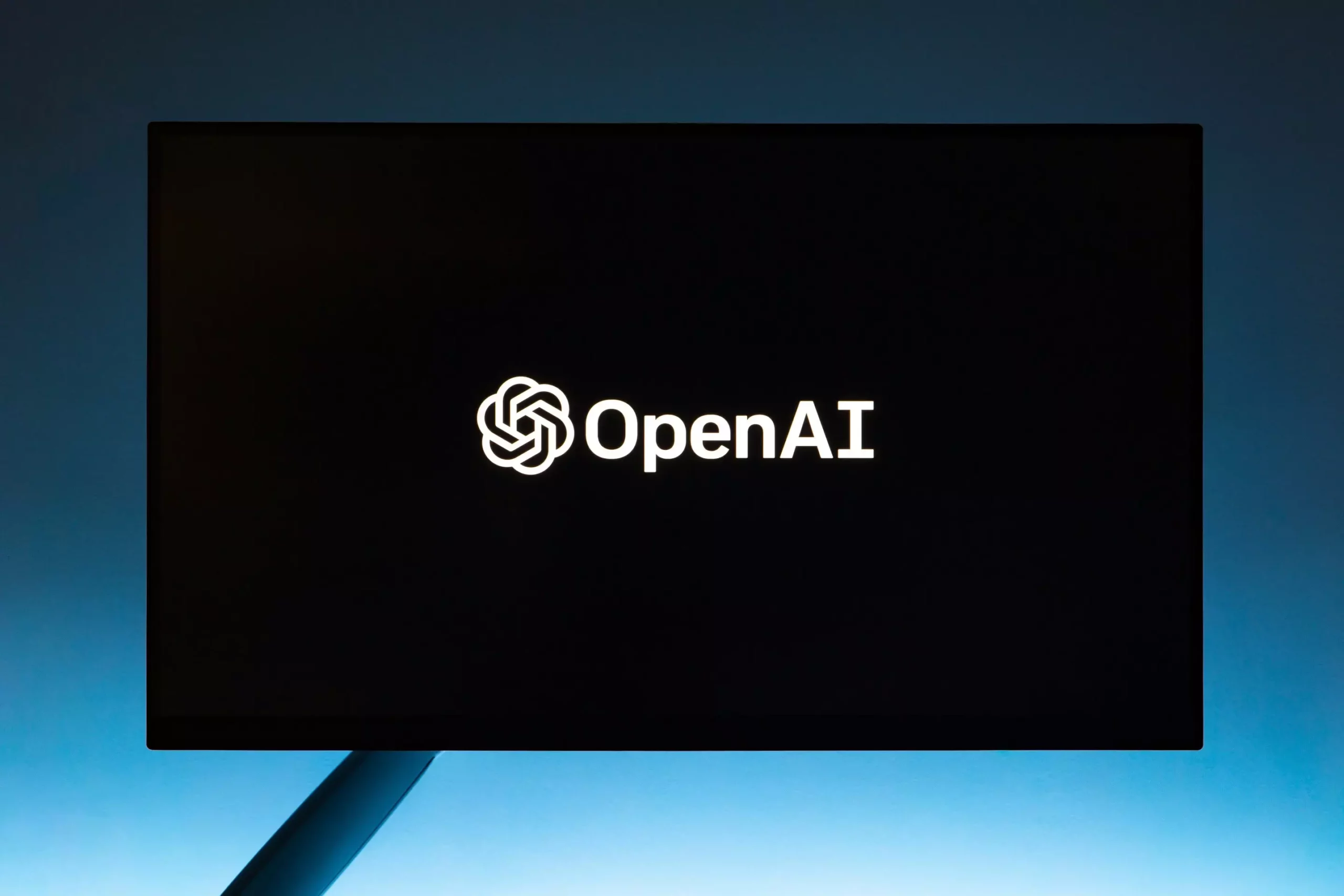As artificial intelligence (AI) technology matures and becomes more pervasive, concerns about data privacy and ethical implications are increasingly at the forefront of public dialogue. OpenAI, once heralded for its pioneering efforts and commitment to responsible AI development, finds itself in a precarious position. Last month, the company publicly opposed a proposed California law aimed at establishing safety standards for developers of large AI models. This shift is significant, especially considering that OpenAI’s CEO, Sam Altman, had previously advocated for AI regulation. As we explore the context and consequences of this stance, we unearth underlying issues about data ethics and the future of AI deployment.
OpenAI has undergone a dramatic transformation from its inception as a nonprofit organization, with a mission centered on ensuring that AI benefits all of humanity, to a rock-star entity valued at approximately $150 billion. The organization’s latest offerings, including a newly released “reasoning” model designed for complex problem-solving, exemplify its commitment to innovation. However, its recent opposition to the California law raises eyebrows and signals a potential shift towards prioritizing growth over governance. This change in direction could, ironically, endanger the very values that originally propelled OpenAI into the spotlight.
As the organization pursues its goal of developing advanced AI systems, it has become increasingly clear that acquiring rich datasets is integral to this endeavor. However, the means of acquisition are troubling—there exists a looming potential for utilizing personal data linked to users’ online behavior, health, and even intimate interactions. While OpenAI has not yet indicated plans to consolidate these data streams, the prospect itself presents challenging ethical dilemmas regarding user privacy.
In its quest for broader datasets, OpenAI has engaged in multiple partnerships with key players in the media industry, including Time magazine, the Financial Times, Axel Springer, and others. These collaborations could grant OpenAI access to vast quantities of reader engagement data. Such information could provide insights not just into individual preferences but also into collective reading habits. These revelations might enable OpenAI to develop extraordinarily detailed user profiles, which could risk augmenting surveillance practices and overstretching privacy boundaries.
Without transparency surrounding these data acquisition strategies, users are left wondering about the implications for their privacy. Moreover, efforts to enhance technology through acquisitions—like OpenAI’s investment in the AI-enhanced webcam startup Opal—highlight the fragility of privacy. The potential for gathering sensitive biometric data such as facial expressions raises alarm bells, especially in light of previous ethical breaches associated with health-related AI initiatives.
OpenAI’s involvement in health technology through Thrive AI Health indicates ambitious plans for personalizing behavior change interventions. Yet, the vagueness around the aforementioned “robust privacy and security guardrails” should prompt scrutiny. History has shown us that when tech giants collaborate in the healthcare space—drawing from personal data—there are often unintended consequences, as exemplified by legal disputes faced by companies like Google DeepMind.
Moreover, Altman’s business affinities, including his co-founding of WorldCoin—a project reliant on biometric identification via iris scans—exemplify a culture of collecting sensitive information. While many laud ambition in tech development, the quiet collection of extensive biometric data raises numerous privacy concerns that cannot be ignored.
OpenAI finds itself at a crossroads, where the imperative for more data runs into serious ethical considerations. The feedback from jurisdictions scrutinizing WorldCoin and its potential repercussions in Europe underscores a growing demand for regulatory frameworks to manage such data implications effectively. United States-based operational challenges, including Altman’s controversial ousting and subsequent reinstatement, suggest a governance model that prioritizes speed and market penetration over responsible oversight.
As OpenAI pursues its strategy to optimize AI models through vast data sources, the pattern of aggressive expansion is worthy of critique. It raises pressing questions: What safeguards are in place to protect user information? How substantially should individual privacy figure into the operational calculus of tech firms attempting to lead AI advancements?
The trajectory of OpenAI’s strategic decisions reflects a complex interplay of ambition and ethical caution. The opposition to California’s proposed law suggests a broader disregard for regulatory frameworks, which is alarming in an age of information hypersensitivity. As the company balances its pursuit of cutting-edge technology against the potential ramifications for privacy, it must reconsider its approach. Ensuring that AI can flourish without eroding public trust may require a renewed commitment to transparency, ethical data handling, and proactive engagement with privacy advocacy.
As the AI landscape evolves, the decisions made today will indelibly shape the relationship between technology, society, and individual privacy for generations to come.


Leave a Reply